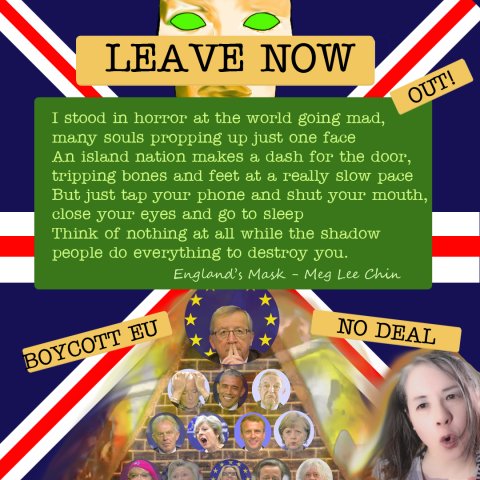The early days of the internet proved people were willing to share knowledge and creative works freely. This provided a glimpse of an open source world where expansive capitalism could be tempered. For the first time in history, the utopian dream of a world free of imposed labor and based on willing co-operation seemed within our grasp.
Inspired by the possibilities, teams of visionary hackers collaborated on new technologies for bypassing centralized, top-down control. The foremost group of radical anti-establishment hackers, cryptography enthusiasts, academics, lawyers, and policymakers, were known as the "Cypherpunks‟.
But as Silicon Valley centralized control through portals like Facebook, Google, and Youtube, the dream began to fade. Perhaps not so coincidentally, of the original cypherpunks, Julian Assange (Wikileaks), Ross Ulbricht (Silk Road), Aaron Schwartz(Creative Commons) have all shared ill-fated ends.
The anonymous Satoshi Nakamoto (Bitcoin Inventor) may or may not be alive. However, his invention known as the blockchain has attracted armies of new internet freedom hacktivists diligently at work behind the scenes to program alternatives to the Silicon Valley giants. The technology required to topple them isn't there yet, but the vision and the will to do so are strong.
So the race for control of the internet has been brewing for quite some time.
But last week the EU quietly passed Article 13 just days before the UK was scheduled to leave, This is a huge blow to the vision of a world where technology liberates rather than oppresses. Disguised as the savior to content creators. I suspect it's actually about winning the war against internet freedom.
#NODEAL let's bust out of the Digital Fortress Europe before it's too late...

